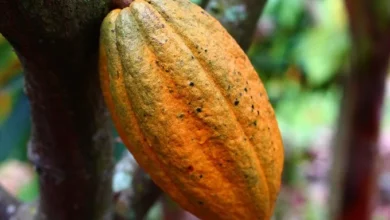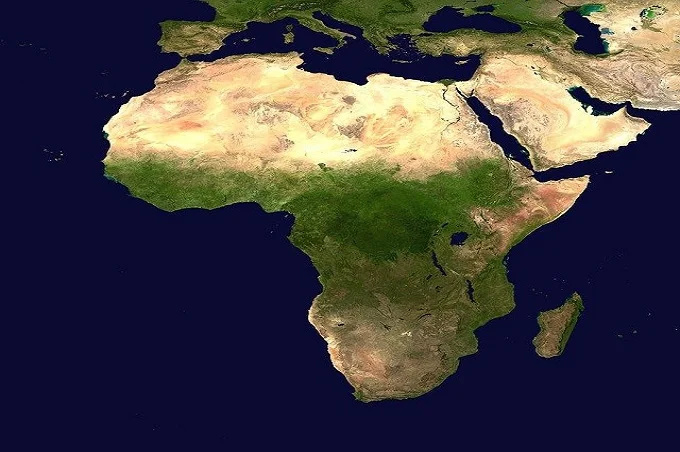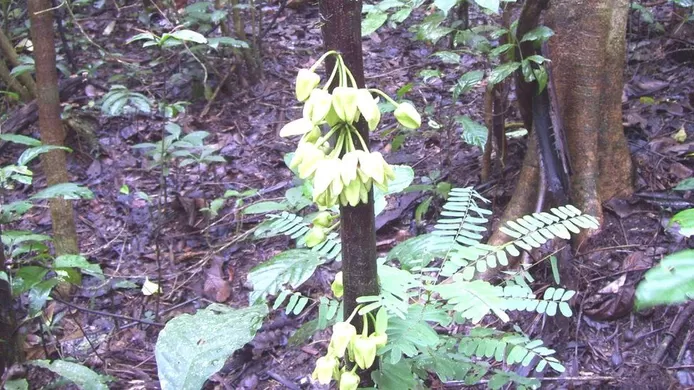Cameroon: English-speaking separatists want to start guerrilla war

In Cameroon, the two English-speaking regions, which comprise 20% of the country’s population, are going through a deep political crisis amidst social and economic demands on the French-speaking elite that has ruled the country for several years.
This claim has especially taken a decisive turn since the 1st of October, which is the date of the unilateral proclamation of an independent republic, “Ambazonia”.
Tens of thousands of people fled to neighbouring country in Nigeria as the army cracked down heavily, with combat helicopters and armoured vehicles in hand, which is increasingly resembling an armed uprising.
The violence has already killed at least 26 people in the security forces according to an AFP count, and an undetermined number of civilian casualties, very few NGOs and independent media have gained access to the area.
The partisans of the armed struggle, a nebula of small groups more or less identified – whose self-proclaimed government of Ambazonia has disassociated, advocating a “pacifist” struggle, multiply the isolated attacks against the symbols of the State, since last weeks these become almost daily.
On Sunday, a sub-prefect was captured and his car burned in Batibo before the celebration of a national holiday. The kidnapping was claimed by Lucas Cho Ayaba, leader of the Ambazonian Defense Forces (ADF), with a clear warning: “You kill my people, we will pursue you to the gates of hell.”
Towards the birth of several militias
The ADF, along with three other militias – the Southern Cameroons Defense Forces (SOCADEF), the Southern Cameroons Defense Forces (SCDF) and the Ambazonia restoration army (ARA) are the main forces, “whose total number of combatants” is estimated at more than 300, according to the think tank International Crisis Group (ICG).
Many other defense group existed, there are “about ten violent groups or self-defense groups, averaging ten to 30 members each, like the Tigers, Vipers or Ambaland forces”.
But very few claim their attacks, and it is very difficult to know exactly who does what on the ground, says Hans De Marie Heungoup, a researcher at the ICG.
Radicalization of public opinion
One thing seems certain: the repression radicalized many Anglophones, farmers or small officials, who felt long marginalized by the French-speaking power of Yaoundé, but had not necessarily been interested in politics until then.
“The frustrations are enormous,” said Pastor John Mbe, one of 33,000 refugees in Cross River State, Nigeria, who spoke of corruption, the lack of roads to open up their remote areas and opportunities to sell their harvests. “You can spend 13 years on school benches and never find a job”.
“Now, many people are dead, we cannot go home. Our youth may not have weapons or ammunition, but they are angry”, says the pastor.
“People are ready to fight”
“The people in the refugee camps are ready to fight,” says Hans de Marie Heungoup, who estimates the number of potential fighters to be around 5,000.
“The main problem for the Ambazonian groups is the lack of funding, had it been they had money to buy weapons, train and feed their men, they could raise an army.”
Due to lack of means, the separatist fighters, hidden in the forest and the almost impenetrable mountains that form the natural border between Nigeria and Cameroon, pursue a guerrilla logic inspired by resistance in South Africa during apartheid or in Eritrea according to a source close to the movement.
In the Manyu department, the epicenter of the conflict, they block roads with tires and tree trunks to ambush or attack the bases of the security forces, mainly armed with traditional rifles, a few rifles. Kalashnikov assault, grenades and other improvised explosive devices.
The few sophisticated weapons they possess have been stolen from police stations.
“Mystic” preparation in combat
“We pursue two objectives in the defense of the motherland: make it ungovernable and increase the cost of occupation (of the Cameroonian army)”, explained the leader Lucas Cho Ayaba on his Facebook account a few days ago.
In Ikom of Nigerian, a neighbouring town of Cameroon, where thousands of refugees are piling up, concern is growing that the conflict is spreading. No training camp has been discovered in Nigeria, but according to several witnesses interviewed by AFP, young refugees are preparing themselves “mystically” to “fight”.
They gather in small groups for juju ceremonies (animist ritual), during which they scarify their foreheads to mix with their blood and some “magic potions” supposed to make them “invincible”, stated by a Nigerian soldier who attended to one of them.




